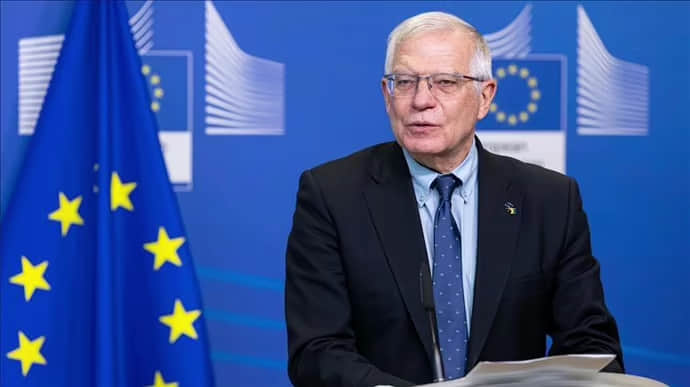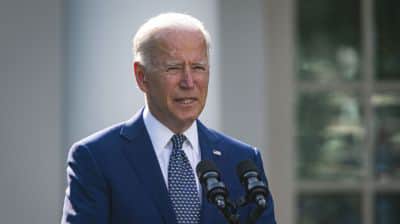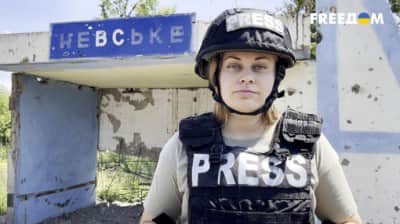Borrell comments on sanctions impact on Russian economy

Josep Borrell, High Representative of the European Union for Foreign Affairs and Security Policy, has said it was not true that EU sanctions against Russia were not working.
Source: Borrel in his blog post, as reported by European Pravda
Details: Borrel pointed out that within a year, the sanctions "have already limited Moscow’s options considerably causing financial strain, cutting the country from key markets and significantly degrading Russia’s industrial and technological capacity.
To stop the war, we need to stay the course. Our restrictive measures, to use the technically correct term, are unprecedented in their scope, focusing on key sectors of the Russian economy that are crucial to Moscow’s war effort," Borrell said.
He stated that these measures "are producing hard, tangible effects across Russia’s economy, despite the huge oil and gas revenues Russia used as a buffer in the first year of the invasion".
Borrel expressed his confidence that "their effects will intensify over time, as the measures have a long-term impact on Russia’s budget, and its industrial and technological base".
Borrell’s data indicates that the Russian economy shrank by 2.1% in 2022. He also suggested that Russia's prospects for 2023 "remain bleak", citing the Organisation for Economic Co-operation and Development's forecast that Russia's GDP will shrink by 2.5%.
"All the components of Russian private demand, including private investment and consumption, remain depressed. Only public expenditure related to the war effort, i.e. defence spending, is up."
Borrell said that compared to 2021, in 2022, 58% of the EU's total imports from Russia have already been cut off, calling it an "unprecedented decoupling [of ties]", while non-energy imports from Russia, he pointed out, have fallen by almost 60%.
"This movement is accelerating: the decline in imports of non-energy goods is above 75% for the first quarter of 2023, and the fall is even greater for energy goods, at minus 80%," Borrell highlighted.
He also pointed out that the G7+ energy sanctions on oil have "proven effective", as the price of Russian oil has fallen since the beginning of the EU embargo and G7+ restrictions on oil prices.
Borrell cited data showing that exports of dual-use goods and advanced technologies, which are vital for the production of equipment and weapons used by Russia to wage war against Ukraine, fell by 78% in 2022 compared to 2019-2021.
Background:
- As noted in a July report by the European Commission, sanctions have halted imports from Russia to the European Union worth about €91 billion, significantly worsening Russia's industrial and technological potential, and forcing it to spend almost a third of its federal budget on defence and internal security.
- In addition, EU exports to Russia and imports from Russia fell by more than 50% compared to 2021. At the same time, Moscow has been able to stockpile some materials, as well as obtain some banned goods and other substitute technologies from third countries such as China, Kazakhstan, Türkiye and the United Arab Emirates.
- German Foreign Minister Annalena Baerbock has previously acknowledged the lack of effectiveness of sanctions against Russia, as "the logic of democratic countries does not work in autocratic countries".
Ukrainska Pravda is the place where you will find the most up-to-date information about everything related to the war in Ukraine. Follow us on Twitter, support us, or become our patron!







